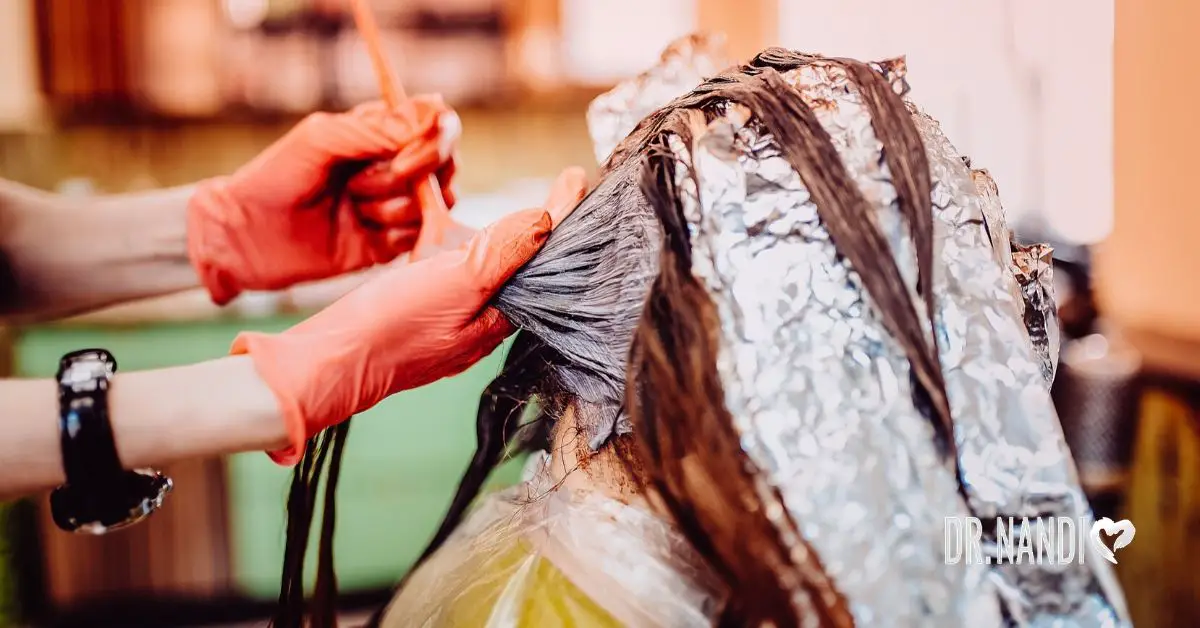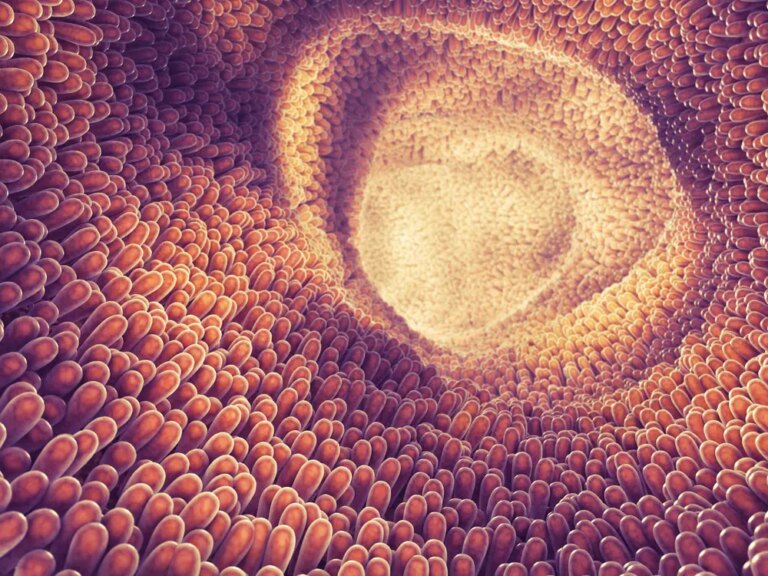Unfortunately, the reach of the FDA has significant limits when it comes to personal care products. Ingredients in these products go largely unregulated, leaving effectiveness and safety up to the manufacturer. Millions use these types of products, so I think it’s important women are aware of this research. Breast cancer is the second leading cause of death from cancer for women in America. New research, dubbed the ‘Sister Study,’ shows compelling results associating hair dye with breast cancer.
What Did The Study Show?
Researchers at the National Institute of Health looked at data from over 46,000 women and found an associated risk for developing breast cancer for those who used permanent straightening chemicals or hair dye. They found white women using permanent hair dye had an 8% higher risk of developing breast cancer compared to nonusers. What is shocking, however, is that the risk for black women was significantly higher at 45%. And, frequent users – women who used these products every 5 – 8 weeks or more – saw a 60% higher risk of developing breast cancer. For both black and white women using chemical straighteners, the results showed a 30% higher chance of developing breast cancer if used every five to eight weeks.
Is This For All Hair Dye? What About Semi-Permanent Dyes?
The good news is that temporary or semi-permanent dyes were not strongly linked to an elevated risk of developing breast cancer. In fact, they found little to no increase in risk at all. Many permanent hair dyes contain chemicals called aromatic amines, many of which are carcinogens and endocrine disruptors. It’s possible they might increase the risk of breast cancer by binding to breast tissue DNA and causing damage. Darker hair dyes may have more of these chemicals, which could explain why black women saw such a drastic risk increase. Temporary hair dyes may contain fewer of these chemicals, which could explain why they carried little to no additional risk.
Should Women Stop Using These Products?
It’s never a bad idea to avoid putting chemicals in or on your body. However, breast cancer is rarely caused by one thing alone. Many factors contribute to the risk of developing breast cancer that women need to be aware of such as genetics, reproductive history, age, and breast density. Other factors such as exercise, eating healthy, drinking moderately, and maintaining a healthy weight could affect breast cancer risk. But, in my opinion, women, especially black women, should consider avoiding these products or cutting back their frequency to help lower their risk of developing breast cancer.



















